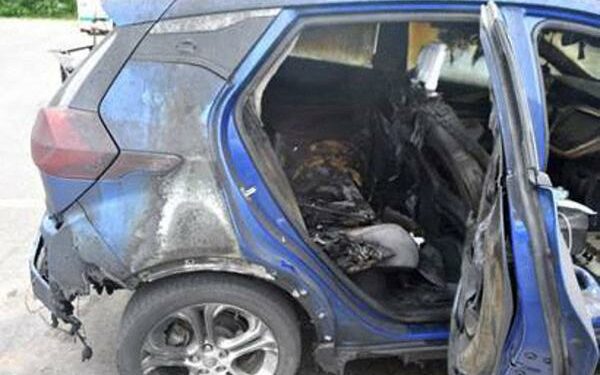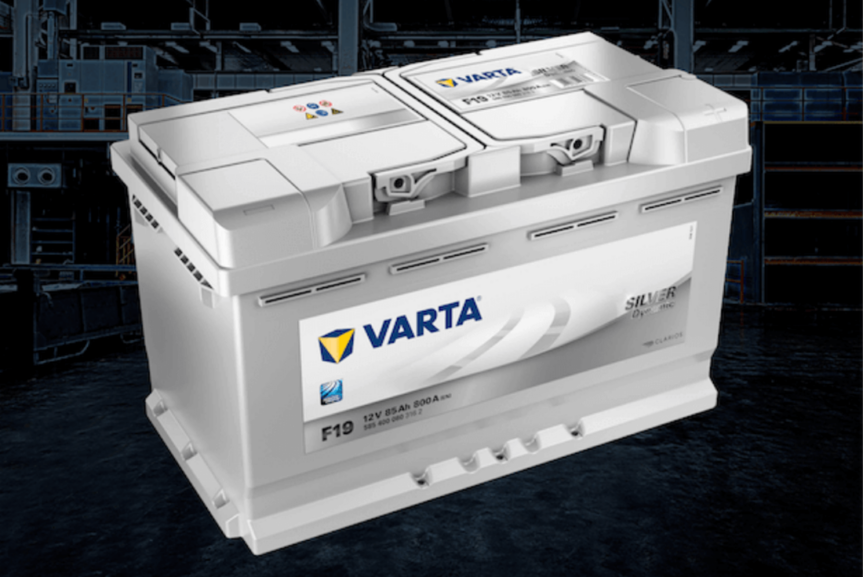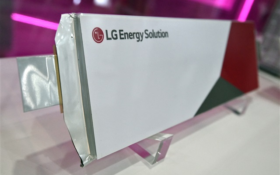General Motors has issued a fourth recall notice for its electric vehicles following two fires in cars “remedied” as part of the initial safety recall last November.
The recall is for a defect relating to safety in around 68,000 Chevrolet Bolt EV vehicles built between 2017-2019.
It is believed the battery packs pose “a risk of fire when charged to full, or very close to full, capacity”.
A number of those vehicles were built with high voltage batteries produced at LG Chem’s Ochang, Korea, facility.
A GM recall notice stated that if the batteries in these cars are charged to full capacity, or very close to full capacity, the batteries may pose a risk of fire.
Dealers are due to install diagnostic software, reduce battery state-of-charge to 90% capacity, inspect and if necessary, replace defective battery packs that fail current diagnostic procedures.
This is an interim repair until a final remedy is available under this recall notice, said the firm.
The recall notice stated: “General Motors has been notified of two recent Chevrolet Bolt EV fire incidents in vehicles that were remedied as part of the safety recall announced in November 2020.
“We are asking owners of 2017-2019 Chevrolet Bolt EVs who were part of the recall population to park their vehicles outdoors immediately after charging and not leave their vehicles charging overnight while we investigate these incidents.
“Customers who have not had the remedy completed should still visit their dealer for the recall remedy while our investigation continues.”
GM spokesman Dan Flores told the Detroit Free Press: “A battery pack is made up of many individual components including the case, some electronics, wiring, battery modules among other things. We will be replacing the five lithium-ion battery modules within the battery pack.
“The battery pack case, wiring and other components are not defective and do not need replacing.
“The recalled vehicles have battery packs that include five lithium-ion modules.
“We are replacing the vehicles’ lithium ion battery modules with new lithium-ion battery modules.”
Second safety recall
The latest recall is in addition to a similar notice issued in July regarding 2017-2019 model year Chevrolet Bolt EV vehicles.
That notice stated that experts from GM and LG have identified the root cause of the fires, and GM was commencing a new recall to replace defective battery modules in the recall population.
The repair description stated that, until the updated recall remedy was performed, customers should take the following steps:
- return their vehicle to the 90% state of charge limitation using Hilltop Reserve mode (for 2017-2018 model years) or Target Charge Level (for 2019 model year) mode.
- customers to charge their vehicle after each use and avoid depleting their battery below approximately 70 miles (113km) of remaining range, where possible.
- continue to park their vehicles outside immediately after charging and not leave their vehicles charging overnight.
Last November, GM recalled 68,667 Chevrolet Bolt electric vehicles due to fire risks
Concerns the batteries could catch fire led the US federal vehicle safety agency National Highway Traffic Safety Administration (NHTSA) to recommend charging up to 90% capacity until a software update is completed.
In June, GM issued a second recall on Chevrolet Bolt electric vehicles due to fire risks with its lithium-ion batteries.
Image: a 2019 Chevrolet Bolt EV after it caught fire. picture from VERMONT STATE POLICE/AFP VIA GET












